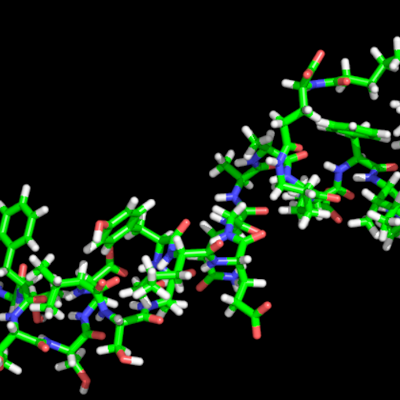
Decreased Genomic Damage of Obese Patients After Bariatric Surgery
The number of bariatric operations performed globally is increasing every year. It is a very effective treatment, resulting in rapid sustained weight loss and reduction in obesity related comorbidities. However, very little is known about its impact on cancer risk. Obesity is the second biggest preventable cause of cancer after smoking. This study set out to see what effect bariatric operations had on cancer risk.
In order to assess cancer risk, peripheral blood mononuclear cells were collected from 45 obese subjects before, and at two time point after, surgery (6 and 12 months) to assess spontaneous micro-nucleus activity. Population studies have found that micronucleus frequency is correlated to cancer risk and indicates genetic damage.
The study found that micronucleus frequency was significantly reduced in patients who had undergone bariatric surgery, which suggests that alongside it’s other key benefits, bariatric surgery has the potential to reduce the incidence of cancer.




